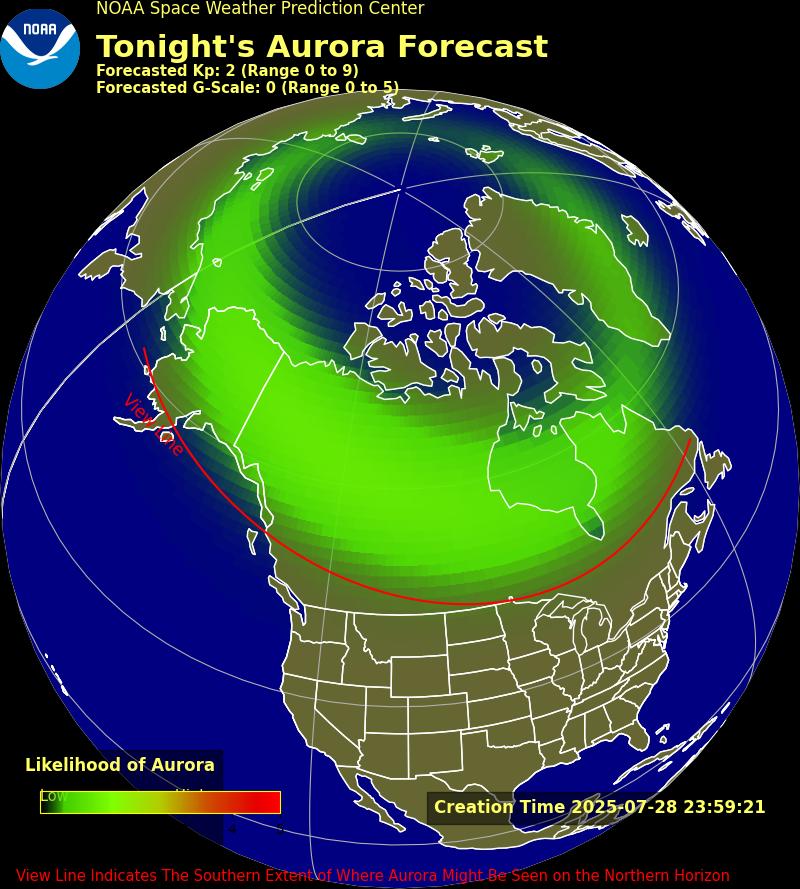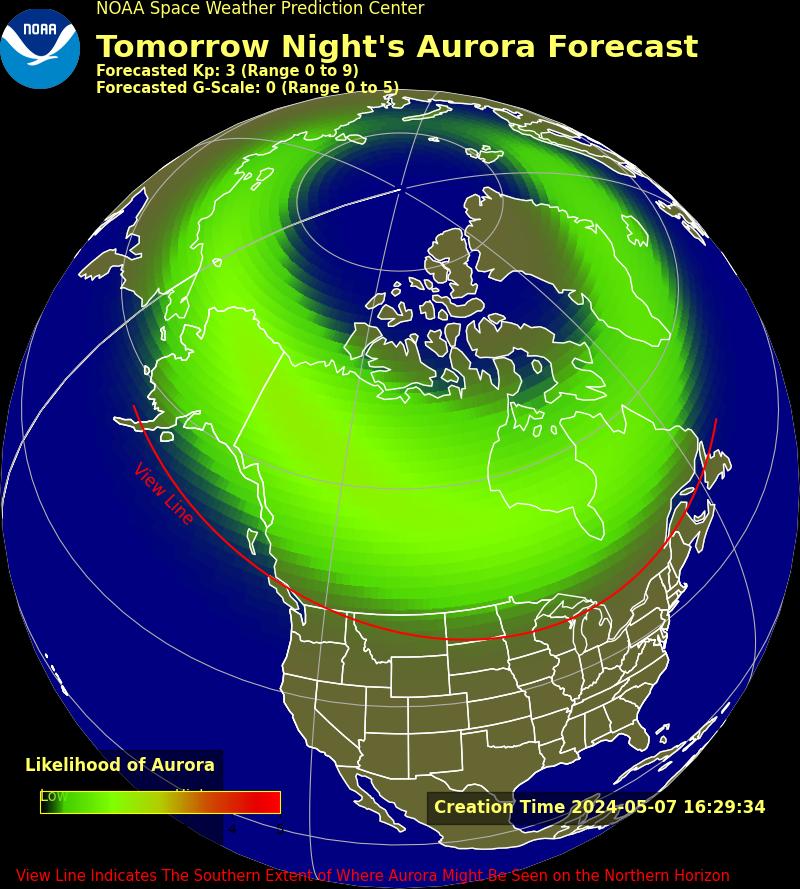Acid rain is all too real in the Adirondacks which are not known for their deep soil, or the ability to absorb pollutants. The soil in the Adirondacks is notorious for being thin and lacking nutrients. The Algonquins were called bark eaters because of the inability to farm in the Adirondacks. Anyone who doubts the depth of Adirondack soil on the mountain sides only needs to look at the mountain faces that frequently give way to landslides after heavy rainfall. Heavy rain causes a rather positive recreational phenomenon known as a "slide." These slides after a few years offer unobstructed views, technical climbing, and in winter incredible backcountry skiing. Of course this is perhaps the only positive of having thin soil in a world filled with pollution.
Full article can be found here.
Central New York Rep. John McHugh takes aim at acid rain
by Mark Weiner / The Post-Standard
Thursday April 23, 2009, 6:27 AMWashington -- A Central New York congressman, seeing an opportunity that may never come again, has introduced a bill requiring the most drastic cuts in U.S. history to the pollution responsible for acid rain.
Rep. John McHugh said he wants to tie his "Acid Rain and Mercury Control Act" into a landmark energy and climate change bill that Congress will begin considering this week, with the goal of a vote by June.
The climate legislation to control greenhouse gases received a boost last week when the U.S. Environmental Protection Agency ruled that global warming is a danger to public health and welfare.
The EPA's action sets the stage for the federal government to regulate carbon dioxide pollution and five other greenhouse gases linked to climate change.
New York's Adirondack and Catskill mountains are particularly hard hit because their soils are more sensitive to acid rain than any other place in the nation.
Studies have shown that about 40 percent of Adirondack lakes are either always or sometimes acidic. Up to 25 percent of the lakes surveyed have been declared essentially dead, supporting no fish life.
To address the problem, the McHugh bill would:
• Require power plants to make a 90 percent reduction in mercury emissions from current levels by 2013.
• Require a 75 percent cut in sulfur and nitrogen emissions from 1997 levels by 2012.
• Authorize $13.6 million per year through fiscal year 2018 to implement the requirements of the legislation.
• Allow power plant owners to use market-oriented mechanisms to comply with the new standards, such as trading in pollution credits.
• Prohibit any trading of mercury pollution credits, placing an unmovable limit on mercury emissions from individual power plants.
The congressman's proposal received immediate praise from New York state environmental groups and independent scientists who study acid rain."I think this is as aggressive a proposal as I have ever seen," said Syracuse University professor Charles Driscoll, one of the nation's leading acid rain scientists.
Driscoll said the timing of the proposed federal legislation on both climate change and acid rain is important because recent studies show that under higher temperatures soils are less able to retain nitrogen, which leaches into water as nitric acid.
"I think there is some urgency," Driscoll said. "It looks like there are some interactions to climate and acid rain.
The Adirondack Council, the largest advocacy group for the 6 million-acre Adirondack Park, agrees with McHugh that momentum could be strong enough in Congress to finally pass acid rain legislation.
John Sheehan, speaking for the Adirondack Council, said the prospects changed when President Obama took office and expressed his commitment to climate change legislation."I am most interested in ensuring that, however these issues go forward, that acid rain is part of the discussion," McHugh said. "The bill is intended as a reference tool, so if somebody asks what we should be doing, we have a bill that has already been printed up and is ready to go."










No comments:
Post a Comment